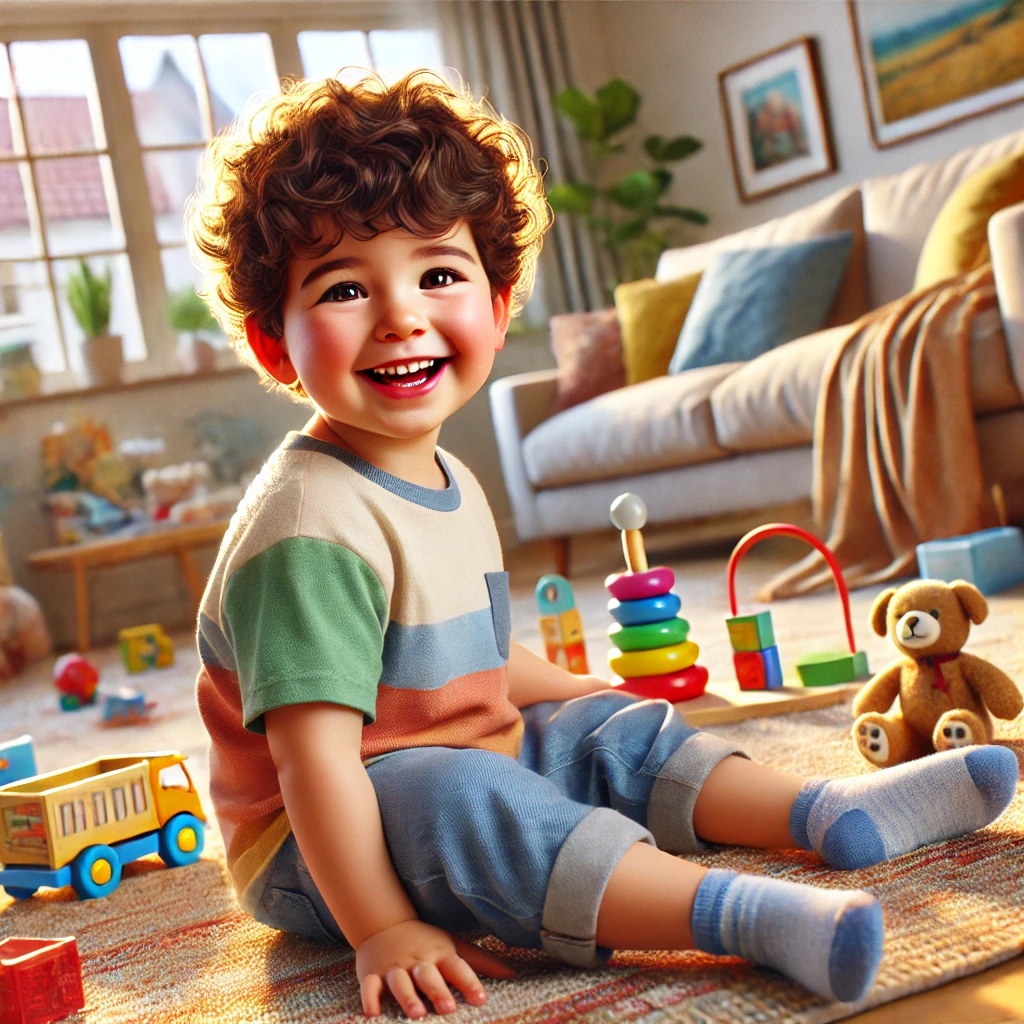“Child devorly at home” might sound like a fancy term, but it’s just about how kids thrive in a home environment.
Think about this: Every parent wants their child to grow up happy, smart, and confident.
But what’s the secret sauce? It’s not just about having toys or a strict schedule.
It’s about building a space where your child devorly at home feels safe, loved, and curious.
Let’s break it down step by step, so you’ll know exactly how to nurture child devorly at home.
Why Is “Child Devorly at Home” Important?
Kids spend most of their early years at home, so it’s the foundation for everything they learn.
Here’s why it matters:
- Emotional Growth: A supportive home teaches kids how to handle emotions.
- Social Skills: Even sibling squabbles help kids learn how to share and communicate.
- Cognitive Development: Everyday activities like cooking or reading spark curiosity and problem-solving.
A real-life example? Think of a toddler learning to tie their shoes. They’ll struggle, sure, but with patience and encouragement, they’ll get there. That’s child devorly at home in action.
How to Foster Child Devorly at Home
You don’t need expensive gadgets or a degree in psychology.
Simple, consistent habits can make a world of difference.
Create a Routine That Works
Kids thrive on routines because they know what to expect.
Here’s how to set one:
- Morning Routine: Start with something simple like brushing teeth together.
- Meal Times: Sit down as a family and talk about your day.
- Bedtime Rituals: Read a book or sing a lullaby every night.
These routines don’t just keep things organized. They build trust and security.

Turn Everyday Moments into Learning Opportunities
Learning doesn’t have to mean flashcards or apps.
Try this:
- Cooking Together: Let your child measure ingredients. It teaches math without feeling like a lesson.
- Gardening: Plant seeds and watch them grow. It’s science, but way more fun.
- Errands: Ask them to pick out fruits at the store. They’ll feel involved and build decision-making skills.
These small tasks make a big impact.
Focus on Emotional Connection
Kids won’t always remember the fancy toys, but they’ll remember how you made them feel.
- Listen Actively: Put down your phone and really hear what they’re saying.
- Validate Feelings: If they’re upset, say, “It’s okay to feel this way.”
- Quality Time: Spend one-on-one time with each child, even if it’s just 10 minutes.
Encourage Independence
It’s tempting to do everything for your child, but letting them try on their own builds confidence.
- Chores: Start with age-appropriate tasks like putting toys away.
- Decision-Making: Let them pick between two outfits or snacks.
- Problem-Solving: If they’re struggling with a puzzle, guide them instead of solving it.
Set Boundaries with Love
Discipline doesn’t have to mean yelling or punishments.
Here’s what works better:
- Be Clear: Explain the rules and why they matter.
- Stay Consistent: If bedtime is 8 PM, stick to it.
- Use Positive Reinforcement: Praise good behavior instead of focusing on the bad.
Common Questions About “Child Devorly at Home”
How do I balance work and parenting?
Set boundaries for work time and family time.
Even 30 minutes of focused attention with your child makes a difference.
What if my child doesn’t listen?
Stay calm.
Use simple language and repeat your expectations.
Over time, consistency pays off.
Are screen time limits important?
Yes, but be realistic.
Instead of banning screens, pick high-quality content and watch together.

Real-Life Success Stories of Child Devorly at Home
Take Maria, for example. She’s a single mom juggling two jobs.
Instead of fancy gadgets, she focused on storytelling with her kids every night.
Now, her 6-year-old writes short stories for fun.
Or look at Raj, who turned weekend gardening into a family tradition.
His kids not only learned about plants but also teamwork.
Practical Resources to Support child devorly at home
- Books: “The Whole-Brain Child” by Daniel Siegel.
- Websites: Zero to Three offers great advice for early childhood.
- Apps: Look for simple, educational apps like Khan Academy Kids.
“Child devorly at home” isn’t about perfection.
It’s about small, consistent actions that build a loving, growth-oriented environment for your child.
Start today with one step and watch how your home transforms into a hub of growth and happiness for your little one.



